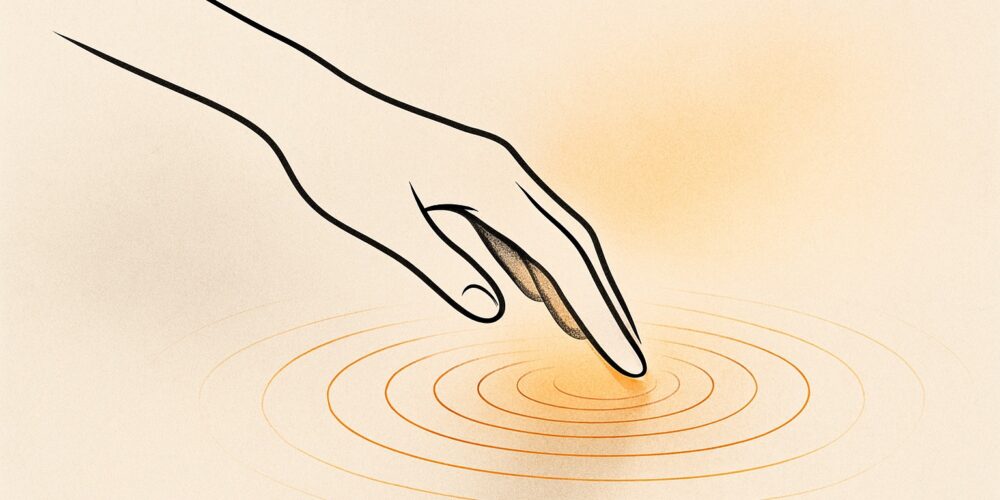The balance sheet that matters

I looked down from the stage. The seats brimmed with the who’s who of Kenya. But they were looking on not with boredom or envy, but with affection.
I was speaking at the launch of an autobiography, Concert of Life, by Francis Okomo Okello. I don’t normally attend big socials, but this time I had a reason to. I also try to write here about themes and ideas rather than individuals, but this time I have cause to name Francis.
He is a man of remarkably varied accomplishments. A scholar with deep associations with at least four universities. A chair and director with leading organizations in banking, tourism, industry, and media. A family man loved and respected by his scattered kin across the globe.
But none of those things are why I’m writing about Francis. The qualities that actually set him apart are quite different: humility, courtesy, and kindness. He may have sat on the most prestigious tables, but he has never left his roots behind, or forgotten his essential human manners.
When people from across the spectrum gather to support you in your big event, not because they owe you or are afraid of you or want something from you, but because they like and respect you—is that not wealth, Kenyans?
And that’s what I’m trying to convey. You can be rich, so very rich, without having to be manipulative, duplicitous, or obnoxious. Because your true wealth is never what you accumulate any which way, but what you earn.
This not just about grandees like Francis. There are even wealthier people than him around us, but we may never hear of them. They will not be appointed to any senior positions; they will not write autobiographies; they will not hold events in ballrooms. But they have earned the same wealth as he has: the unspoken respect of those they mingle with.
This life’s meaning will never be found in its glitter and its accoutrements. It is more in the answer to this question: to whom did your life matter?
True wealth is invisible, but indelible. Titles vanish, assets disperse, and reputations fade. What endures is the affection that people still carry for you when there is nothing left to gain from you. That is wealth that outlives the glitter, compounding across generations as stories and remembered gestures.
To live richly in this way is not abstract. It means speaking last and listening first, because paying attention is more important than taking the spotlight. It means choosing courtesy over cleverness, knowing that wit dazzles only for a moment while graciousness endures for decades. It means investing daily in small benevolences—introductions made, encouragements given, moments of patience extended—that accumulate like silent deposits. It also means staying rooted, keeping ties with ordinary folk, because power without soil soon turns brittle. And it means asking yourself often: if my titles and bank balances vanished, would people still care about me?
To build this account is to labour against gravity. I know the weight of it—I stumble often myself. Hard seasons make kindness feel like a luxury we can’t afford, yet it is in those very seasons that its worth multiplies. Even the smallest deposit of grace endures far beyond the effort it takes.
Quiet kindness, gentle benevolence, steady encouragement, genuine concern—these are the hidden currencies of human life. They are left neglected in the chase for the baser coinages, but they yield lasting capital—that the people who know you like and respect you. That is the only wealth that cannot be squandered, stolen, or spent.
THE SIGNAL IN THE NOISE
The final account of your life is never in your balance sheet. It is written silently in the hearts of others.

Buy Sunny Bindra's new book
The X in CX
here »
Popular Posts
- Snakes and Ladders, AKA your lifeJanuary 25, 2026
- The man who passed by one markJanuary 18, 2026
- Make this your year of being boringJanuary 4, 2026
- How things fall apartFebruary 8, 2026
- Pretty isn’t the productFebruary 1, 2026















